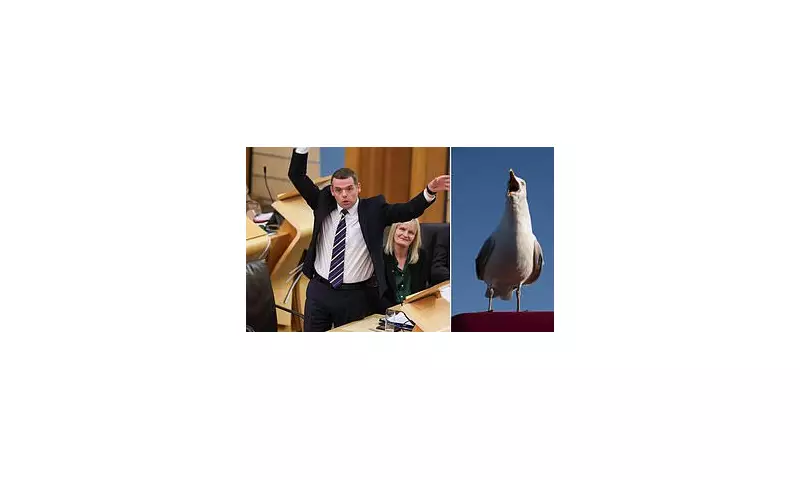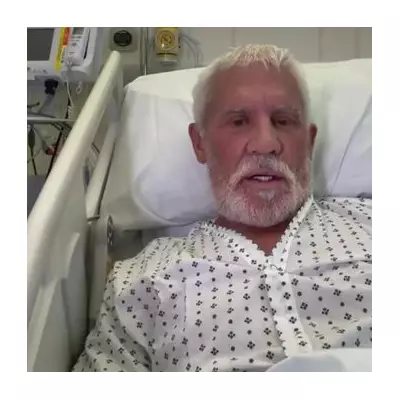
Senior officials at a government-backed environmental body have been condemned for hosting what critics are calling a "ludicrous" summit on seagull deterrence, featuring bizarre suggestions that included drawing eyes on takeaway boxes to scare off the birds.
The Great Seagull Summit Controversy
Natural Resources Wales, the taxpayer-funded environmental quango, organised the peculiar gathering that has sparked outrage over wasteful spending. The meeting saw officials seriously discussing unconventional methods to manage urban seagull populations across Welsh communities.
Among the most eyebrow-raising proposals presented was the idea that drawing pairs of eyes on takeaway food containers could potentially deter gulls from stealing people's meals. The theory suggests that the birds might mistake the markings for predators watching them.
Taxpayer Fury Over 'Nonsensical' Spending
Conservative MPs have led the charge in condemning the summit, with Welsh Tory leader Andrew RT Davies describing the event as "ludicrous" and demanding to know exactly how much public money was wasted on what he called "nonsense."
"This is exactly the kind of thing that gives quangos a bad name," Davies stated. "While hardworking families struggle with rising costs, these officials are spending taxpayer cash on discussing whether drawing eyes on chip boxes will scare seagulls."
The Bizarre Anti-Seagull Arsenal
The summit explored multiple unusual deterrent methods, including:
- Using mannequins positioned in problem areas
- Employing drones to monitor gull activity
- Installing speakers that play predator calls
- The now-infamous "eyes on containers" approach
Natural Resources Wales defended the meeting, insisting that urban gulls present a genuine problem for Welsh communities and that "all potential solutions" need consideration.
Growing Backlash and Public Reaction
The revelation has sparked widespread mockery on social media, with many taxpayers questioning the priorities of public bodies during a cost-of-living crisis. Critics argue the money would be better spent on essential services rather than what they describe as "pseudoscientific nonsense."
This incident has reignited the debate about quango spending and accountability, with calls for greater scrutiny of how taxpayer money is allocated to environmental projects across Wales and the wider UK.





